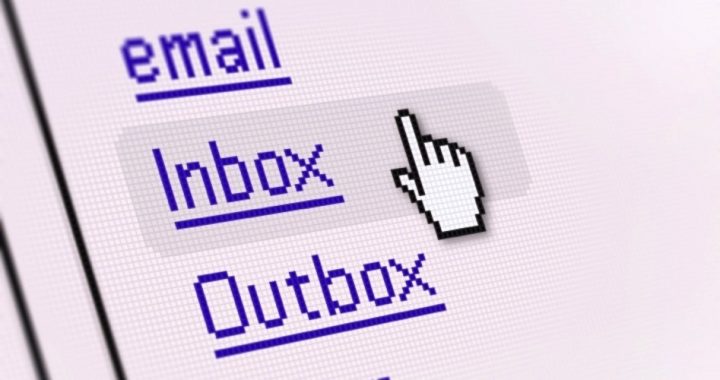
Following the resignation of CIA Director David Petraeus, which was reportedly prompted by an extramarital affair he had with his biographer, a formerly high-ranking member of the National Security Agency (NSA) claims the FBI’s probe into Petraeus indicates that digital privacy has become a freedom of the past.
“What I’ve been basically saying for quite some time, is that the FBI has access to the data collected, which is basically the emails of virtually everybody in the country,” NSA whistleblower William Binney affirmed in a recent interview with the Kremlin-funded news outlet Russia Today (RT). “And the FBI has access to it.”
Petraeus had allegedly used a pseudonym to create multiple e-mail accounts that he used to communicate with his mistress. One account was shared so they could communicate via messages that they left in a drafts folder, allowing them to correspond without actually sending messages. Computerworld.com poses the more damning question, “If the head of the CIA can’t figure out how to keep his emails private, do the rest of us even stand a chance?”
Binney stands among a number of other former officials who have testified against the NSA, exposing a series of controversial methods that could put an end to the agency’s post-9/11 domestic surveillance campaign. Evidently, Binney resigned from the agency after observing countless acts of what he determined to be blatantly illegal methods to spy on the American people.
One effort he deemed unconstitutional was the use of a technology referred to as “Naris,” which the NSA uses to aimlessly harvest e-mails and other digital information without having to receive permission from providers. Binney testified that all congressional lawmakers are being monitored as well.
“They are all included,” he said, “So, yes, this can happen to anyone. If they become a target for whatever reason — they are targeted by the government, the government can go in, or the FBI, or other agencies of the government, they can go into their database, pull all that data collected on them over the years, and we analyze it all. So, we have to actively analyze everything they’ve done for the last 10 years at least.”
In his interview with RT, the intelligence analyst further emphasized that the FBI does not filter e-mail messages but obtains and stores all of a person’s e-mails, and when he or she becomes a target, their entire records are extracted and analyzed for the desired information. “I don’t think they are filtering it,” Binney asserted. “They are just storing it. I think it’s just a matter of selecting when they want it. So, if they want to target you, they would take your attributes, go into that database and pull out all your data.”
Binney was asked by the Russian news outlet about whether domestic surveillance efforts have intensified since President Obama took office in 2008. He responded:
The change is it’s getting worse. They are doing more. He is supporting the building of the Bluffdale facility, which is over two billion dollars they are spending on storage room for data. That means that they are collecting a lot more now and need more storage for it. That facility by my calculations that I submitted to the court for the Electronic Frontiers Foundation against NSA would hold on the order of 5 zettabytes of data. Just that current storage capacity is being advertised on the web that you can buy. And that’s not talking about what they have in the near future.
Russia Today also dug into the federal government’s surveillance of General John Allen, who is facing an internal investigation for “inappropriate communications” with Jill Kelley, a close friend of the Petraeus family. “In the case of General Petraeus one would argue that there could have been security breaches. Something like that,” the RT reporter posited. “But with General Allen — I don’t quite understand, because what they were looking into were his private emails to this woman.” Binney responded:
That’s the whole point. I am not sure what the internal politics is.… That’s part of the problem. This government doesn’t want things in the public. It’s not a transparent government. Whatever the reason or the motivation was, I don’t really know, but I certainly think that there was something going on in the background that made them target those fellows. Otherwise why would they be doing it? There is no crime there.
Although the government’s domestic surveillance efforts are still officially secret, Supreme Court Justices Samuel Alito, John Roberts, and Sonia Sotomayor have criticized them, and the Senate Judiciary Committee has affirmed support for increasing consumer e-mail privacy.
The overall theme represented in Binney’s testimony seeks to protect the freedoms and liberties granted to Americans under the U.S. Constitution. “The central [U.S.] government defines what is right and wrong and whether or not they target you,” Binney concluded. “They are violating the foundation of this entire country … and they are not living up to the oath of office.”



